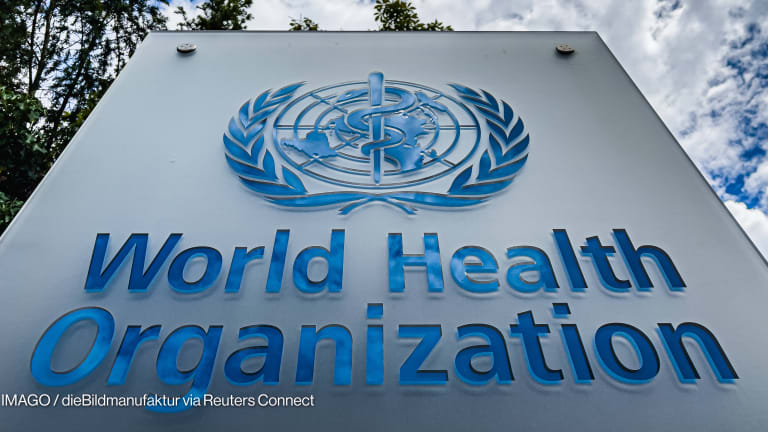
GENEVA — The World Health Organization has demonstrated “impressive progress” in the speed and scale of its emergency response.
But it needs to strengthen its human resource capacity and staff trained in emergency response at the country level. It also needs to improve the diversity of its staff, including in its health emergencies program, according to a special report by the Independent Oversight and Advisory Committee of the WHO Health Emergencies Program.
“Recruitment of Health Emergencies Programme staff at country office level at present stands at only 54% of goals: the Programme therefore remains very much a ‘work in progress,’” according to the report.
It added that “allegations of insufficient diversity among international professional staff were well founded.”
More from the 72nd World Health Assembly:
► Exclusive: The early stages of the WHO Foundation
► Questions arise again over need to declare Ebola public health emergency
The findings were based on a survey the IOAC conducted in 2018, where it found disparities in staff diversity both at WHO headquarters and WHO health emergencies staff at headquarters. Out of 1,481 WHO headquarters staff, only 372, or 25%, were from developing countries. For the health emergencies program, only 24% of 229 employees came from developing countries.
The gaps were even greater in more senior levels, at professional category 5 and above. Out of 513 WHO headquarters staff, only 22% were from developing countries. Meanwhile, only 18% of the 74 health emergencies program staff were from developing countries.
At director levels, only 16% of headquarters staff represented developing countries. And only one of the 11 health emergencies program directors was from a developing country.
Gender was another issue. Only 44% of higher level staff at headquarters — at or above the P5 category — were women. A similar 45% of staff from the health emergencies program were women.
Even fewer women work at the director level. The report said 41% of director level staff at headquarters were women, with the numbers of female directors dropping to just 27% of health emergencies program staff at headquarters.
The poor diversity numbers were linked to the U.N.-wide formula for geographical representation, according to the IOAC.
“The analyses showed that full application of the United Nations system-wide formula for geographical representation would result in a staff composition with a high concentration of nationalities from developed countries and, in particular, from developed northern hemisphere countries, rather than resulting in the desired diversity of staff,” according to the report.
It isn’t clear what was driving the gender imbalance, but the IOAC noted that there is a tendency for the percentage of women to “falter and diminish above P4 grade.”
The IOAC recommends that the health emergencies program look for opportunities to make lateral transfers of staff from headquarters to regional offices and vice versa to improve diversity. It also urges the organization to develop a comprehensive diversity policy, not only to improve the organization’s gender and geographical representation, but also to ensure nondiscrimination on the basis of disability, religion, and sexual orientation.
It suggested that the health emergencies program should lead in implementing the diversity policy as a pilot for the whole WHO, and set time-bound targets that are included in annual performance appraisals to hold directors accountable.








